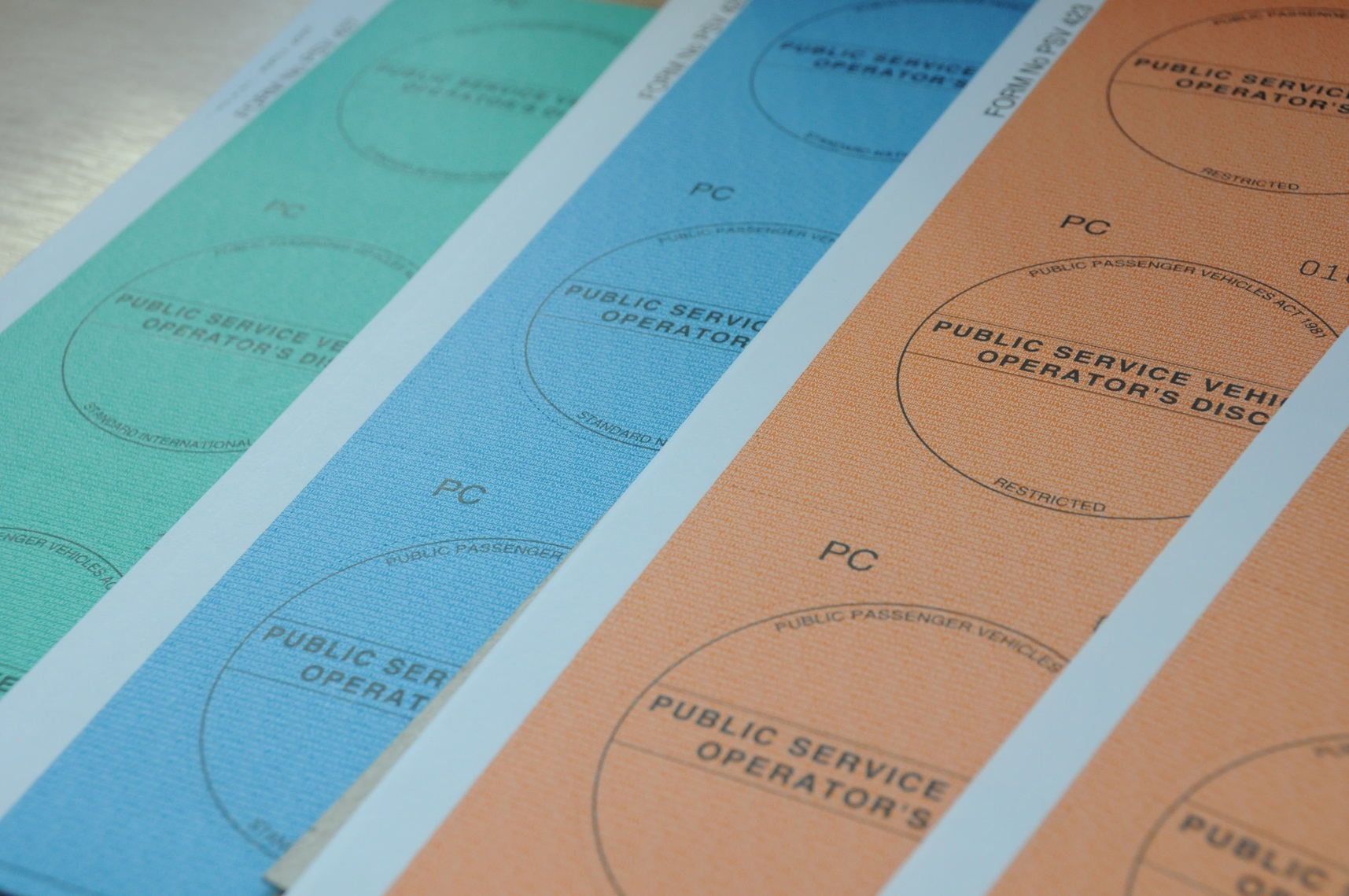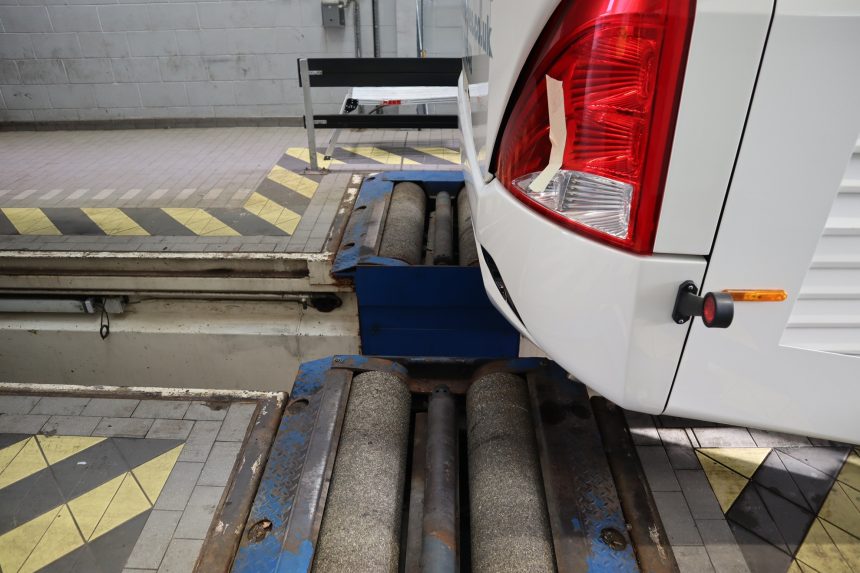The Transport Manager (TM) CPC qualification should be subject to review in the same manner as is ongoing for Driver CPC, the Traffic Commissioners (TCs) have advocated.
That call is within the TCs’ Annual Report for 2023-24. TCs for England Sarah Bell, Tim Blackmore, Miles Dorrington, Kevin Rooney and Richard Turfitt note that interest in each CPC qualification among TCs has been brought “more sharply into focus” via the proposed Driver CPC reform, and add that need for review of the TM CPC is now clear.
In equally notable comments, Senior TC Richard Turfitt states in his foreword that while the TCs’ primary function is a road safety tribunal, too often the requirements of that tribunal “are an afterthought, even by those who support us,” with the latter thought to refer to DVSA.
“We have therefore reached a stage where there needs to be a long-term commitment to our future and a vision for its legal structure,” Mr Turfitt continues. Friction between the TCs and DVSA is not new. Previous DVSA Chief Executive Gareth Llewelyn in 2020 described the Commissioners as “anachronistic” and called for their role to be abolished.
The TCs’ annual report report calls for DVSA to adopt external reporting measures that encompass all services provided to the Traffic Commissioners, “particularly in relation to the listing of safety critical cases within the 12 weeks identified.”
On TMs, highlighted is how TCs have seen “a number” of those failing in their duties despite holding a CPC qualification. Attention is drawn to a case earlier in 2024 involving a coach operator that led to the disqualification of its TM and revocation of its O-Licence.
The TCs note that the role of the TM has changed via the development of technology and “new ways of working.” They add that particularly where TMs have been in position for some time, it is important that up-to-date training on managing responsibilities is received.
“Transport Managers now need to be able to understand the implications of the technical readout they receive from tachographs and preventative maintenance inspections, as well as the employment status of their drivers,” the report elaborates.
TCs “rightly continue to highlight that there is a difference between obtaining a paper qualification and the ability to actually exercise effective and continuous management of a transport operation,” which is underlined as a statutory requirement of a TM.
“The Commissioners would like to see the Transport Manager CPC reviewed in the same way as drivers to ensure that it is fit for managing the modernisation of vehicles.”

Across 2023-24, the TCs continued to encounter operators that cannot properly control drivers “due to the way they chose to engage them,” the report adds, with an adjacent mention of self-employed staff.
Also commented on by the six TCs for England are maintenance, drivers’ hours, periods of grace, and dishonesty. Elsewhere, the TCs note that they intend to move ahead with a review of bus punctuality but that “external factors might further delay the completion of this work.”
Some wording in that respect suggests a frustration among TCs that workstreams by other bodies and agencies for which their contribution has been sought does not progress quickly.
Pinpointed is the introduction of interim O-Licences for PSV operators. Observing an initial suggestion that measures there would be introduced in 2018, and that consultations on both interim licences and tribunal rules eventually concluded in 2020, the report notes that no firm steps have yet been taken on either matter.
“We would like to see this work progressed and a lessening of the burden on the responsible operators,” the TCs comment, pointedly adding a request that other officials should engage with the Commissioners’ small policy team “far earlier” when TCs’ collaboration is needed.
From 2022-23 to 2023-24, the number of PSV O-Licences in issue fell from 5,809 to 5,451, although the drop in restricted licence numbers greatly outpaced that among standard licences. Nevertheless, the number of vehicle discs in issue among PSV operators rose from 86,371 to 88,664 over the same period.



























